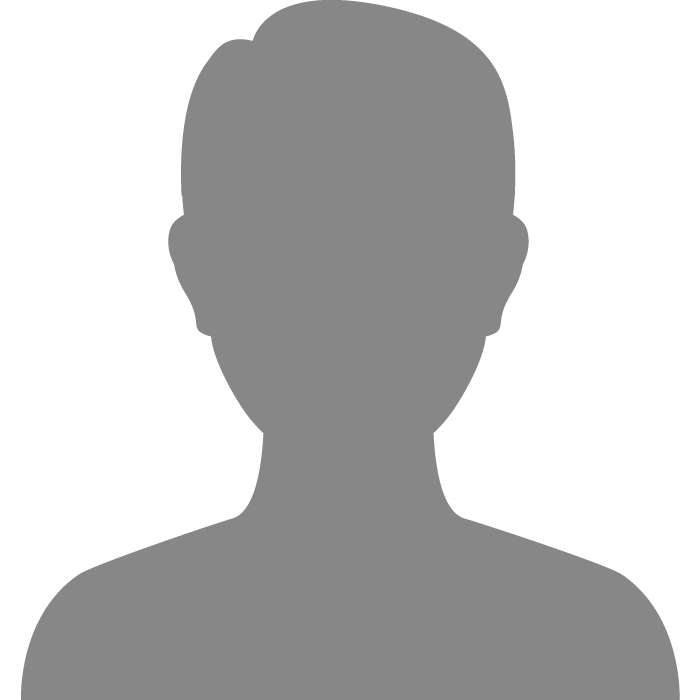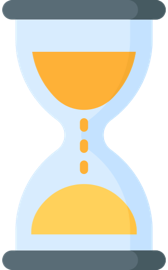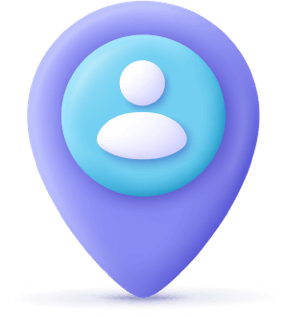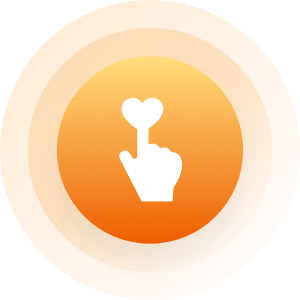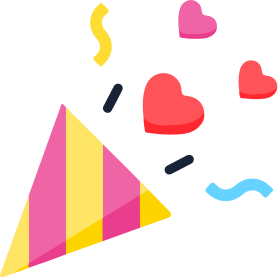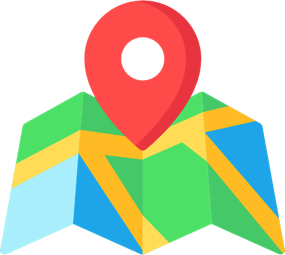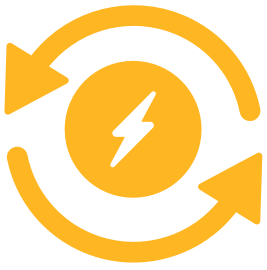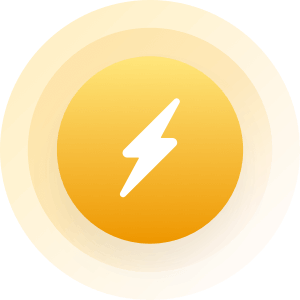| Topic: Chavez Dead | |
|---|---|
|
CARACAS, Venezuela – Venezuela's vice president announced that President Hugo Chavez died on Tuesday, ending 14 years of rule by the firebrand socialist but leaving his party firmly in control of the nation.
Vice President Nicolas Maduro said that Chavez died "after battling a tough illness for nearly two years." The death apparently sets up a presidential election to replace Chavez, whose illness prevented him from taking the oath of office for the term to which he was re-elected last year. Under the constitution, the head of Congress, Diosdado Cabello, would assume the interim presidency. The announcement came just hours after Maduro announced the government had expelled two U.S. diplomats from the country. Maduro also said "we have no doubt" that Chavez's cancer, which was first diagnosed in June 2011, was induced by foul play by "the historical enemies of our homeland." He compared the situation to the death of the Palestinian leader Yasser Arafat, claiming Arafat was "inoculated with an illness." Chavez's inner circle has long claimed the United States was behind a failed 2002 attempt to overthrow him, and he has frequently played the anti-American card to stir up support. Venezuela has been without a U.S. ambassador since July 2010. Maduro is Chavez's self-anointed successor and has been taking on a larger role since the socialist leader urged Venezuelans to choose him as president before disappearing in early December to undergo a fourth round of cancer surgery in Cuba. Venezuela's Constitution calls for snap presidential elections to be held if Chavez dies, and some analysts wondered whether Maduro's suggesting the country was under attack by U.S. subterfuge might not be an excuse to delay the election and tighten his grip on power. The government announced late Monday that Chavez's condition was "very delicate" due to a "new, severe" respiratory infection threw an already anxious nation into even greater uncertainty "We don't know if he's alive or if he's dead, because they are manipulating the public," Antonio Perez, a retired 60-year-old public servant, said of the government. "Everyone want to just see the president to know if it's true that he's still with us." Supporters of the 58-year-old president prayed for Chavez on Tuesday at a chapel outside the military hospital where the government says he has been since Feb. 18. Maduro aired his claim of an alleged attempt to destabilize "Venezuelan society" and the "political system constructed in recent years" before the nation's high command, and the governors of 20 of 23 states loyal to President Chavez, half of them former military officers. He accused U.S. Embassy's Air Force attache Col. David Delmonaco of spying on Venezuela's military and seeking to involve officers in "destabilizing projects." Maduro gave Delmonaco 24 hours to leave, and U.S. officials said he had already departed the country. Later Tuesday, Foreign Minister Elias Jaua said a second U.S. Air Force attache was being expelled, also for alleged espionage. "Let's remember that active participation of the United States in the fascist coup of 2002," Jaua said. Chavez had neither been seen nor heard from, except for photos released in mid-February, since submitting to a fourth round of surgery in Cuba on Dec. 11 for an unspecified cancer in the pelvic area. It was first diagnosed in June 2011. The government said Chavez returned home on Feb. 18 and has been confined to Caracas' military hospital ever since. Maduro said Tuesday that the government was "on the trail of other elements that figure in this entire venomous scenario and are seeking to stir up trouble." The man Chavez defeated in Oct. 7 presidential elections, the youthful Miranda state Gov. Henrique Capriles, would be expected to represent the opposition in any new elections. Maduro repeated government claims that Capriles met in the United States over the weekend with right-wing U.S. conspirators and was planning to meet over the weekend with Roberta Jacobsen, assistant U.S. secretary of state for the hemisphere. One provocateur on state TV even accused the Capriles family of buying a New York City apartment with stolen funds. Capriles responded via Twitter Tuesday by calling Maduro a liar. "Lie after lie in every speech," he said. According to Venezuela's Constitution, elections were to be called if the president could not be sworn in on Jan. 10, but a Supreme Court packed with Chavez loyalists said that wasn't necessary. The campaigning, though undeclared, has nevertheless already begun. Maduro has frequently commandeered all broadcast channels, Chavez-style, to tout the "revolution" and vilify the opposition. Chavez has run Venezuela for more than 14 years as a virtual one-man show, gradually placing all state institutions under his personal control. But the former army paratroop commander, who rose to fame by launching a failed 1992 coup, never groomed a successor with his same kind of force of personality. Maduro said last week that the president had begun receiving chemotherapy around the end of January. Doctors have said such therapy is not necessarily to beat Chavez's cancer into remission, but could have been palliative, to extend Chavez's life and ease his suffering. Dr. Carlos Castro, scientific director of the Colombian League Against Cancer, said "it's difficult to predict" when Chavez might die, but he believes "it's a matter of days." Castro said Chavez could face further respiratory complications if he receives more intense chemotherapy treatment. If the president's medical team "gives him strong chemotherapy again, then it would not be surprising if some infections reappear," Castro said in a telephone interview. While in Cuba, Chavez suffered a severe respiratory infection in late December that nearly killed him, Maduro said last week. A tracheal tube was inserted then, and government officials have said his breathing remained labored. Libardo Rodriguez, a 60-year-old orange juice vendor, said he was very worried after Monday evening's announcement and the government should provide more information about Chavez. "We are worried because he does not appear. The truth is that I don't know what's happening," said Rodriguez, who identified himself as a Chavez supporter. "There are many rumors and nobody knows who to believe," he said. "We hope he's alive." Read more: http://www.foxnews.com/world/2013/03/05/venezuelan-president-hugo-chavez-dead-vp-says/#ixzz2Mi5Ou4xo Good riddance! |
|
|
|
|
|
They are already blaming the US. The guy was a pain in the a$$ but he was the least of our problems. Yes he was part of a new Axis of Evil, but I think if we were going to take someone out it would be the leaders of Iran, N. Korea and Syria not Chavez
|
|
|
|
|
|
Maybe he should have screened his Americans for cancer before he ate them.

|
|
|
|
|
|
Edited by
alleoops
on
Tue 03/05/13 04:54 PM
|
|
|
Goodbye jerk!

|
|
|
|
|
|
I usually don't rejoice in the death of another Human Being,but in this case,it couldn't have happened to a nicer Guy,and not a moment too soon!
|
|
|
|
|
|
They are already blaming the US. The guy was a pain in the a$$ but he was the least of our problems. Yes he was part of a new Axis of Evil, but I think if we were going to take someone out it would be the leaders of Iran, N. Korea and Syria not Chavez More Fire than Smoke in the Connection between Iran,N-Korea and possibly Syria! http://middle-east-analysis.blogspot.ch/2009/03/venezuelas-tarek-el-aissami.html Wednesday, March 4, 2009 Venezuela’s Tarek El - Aissami By Nicole M. Ferrand* http://themengesproject.blogspot.com/2008/10/venezuelas-tarek-el-aissami.html Since our inception two years ago, we have been following the growing relationship between Venezuela's Hugo Chavez and Iran's Mahmoud Ahmadinejad. Although most of the information available in the media states that this relationship started in 2005, it actually began as soon as Chavez started his mandate in 1999. In fact, on November 19, 2007, the Iranian reformist newspaper, E'temad-e-Melli, published an article claiming that relations between Tehran and Caracas began with the formation of the (Iranian) Reformist government when former President Muhammed Khatami visited Venezuela during his time in office. They became so close that in 2005 Chavez presented the Iranian leader with the highest decoration, the Order of the Liberator, as a symbol of their strong ties.[1] The Venezuelan President then encouraged Bolivia's Evo Morales, Ecuador's Rafael Correa and Nicaragua's Daniel Ortega to develop ties with Iranian President Ahmadinejad which they did. All four of these countries now have strong ties to Iran and have signed treaties in diverse areas of the economy. In exchange, Iran has received many benefits including a strong presence in the Hemisphere as well as support from Venezuela, Nicaragua, Bolivia and Ecuador against UN sanctions. Although insiders claim that Iran had no interest in developing relationships with Caracas, per se, Khatami's regime was under international pressure to make new alliances among non-aligned countries. In the Middle East, Tehran had strong ties with Syria and Qatar, but it did not have any base from where they could actually threaten the United States and that is when Caracas became of interest.[2] After learning of Chavez's leadership in the Hemisphere, Tehran planned a strategy to establish itself in nations under the Venezuelan leader's influence. More at the link............ |
|
|
|
|

|
|
|
|
|
|
Say what you will, he helped his nation. He just wasn't friendly to the USA.
|
|
|
|
|
|
He helped his people? The concentration camps for his political opponents I guess are helping his people?
|
|
|
|
|
|
No, sharing the wealth of oil income with his people and improving their education system helped them. Why do you think he was popular in his country?
|
|
|
|
|
|
No, sharing the wealth of oil income with his people and improving their education system helped them. Why do you think he was popular in his country? Making an ungodly mess of the Venezuelan Economy! |
|
|
|
|
|
Say what you will, he helped his nation. He just wasn't friendly to the USA. What has Chávez bequeathed his fellow Venezuelans? The hard facts are unmistakable: The oil-rich South American country is in shambles. It has one of the world’s highest rates of inflation, largest fiscal deficits, and fastest growing debts. Despite a boom in oil prices, the country’s infrastructure is in disrepair—power outages and rolling blackouts are common—and it is more dependent on crude exports than when Chávez arrived. Venezuela is the only member of OPEC that suffers from shortages of staples such as flour, milk, and sugar. Crime and violence skyrocketed during Chávez’s years. On an average weekend, more people are killed in Caracas than in Baghdad and Kabul combined. (In 2009, there were 19,133 murders in Venezuela, more than four times the number of a decade earlier.) When the grisly statistics failed to improve, the Venezuelan government simply stopped publishing the figures. http://www.slate.com/articles/news_and_politics/politics/2013/03/hugo_chavez_s_legacy_the_former_venezuelan_president_was_not_the_typical.html |
|
|
|
|
|
No, sharing the wealth of oil income with his people and improving their education system helped them. Why do you think he was popular in his country? Thats why he went to Cuba for his own medical care? |
|
|
|
|


